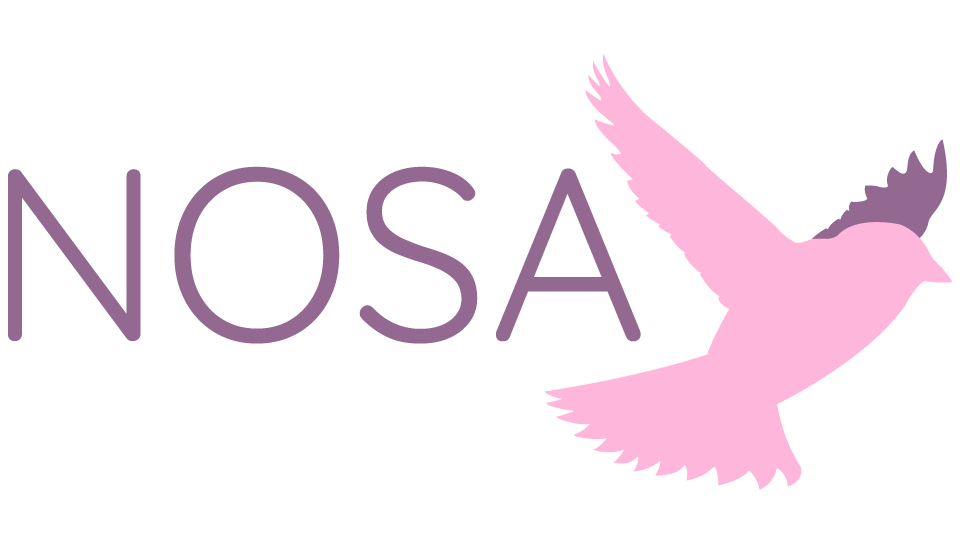6 Ways to Deal With PTSD

Post-Traumatic Stress Disorder (PTSD) is a mental health condition that can affect individuals who have experienced a traumatic event. This condition can manifest in various ways, including intrusive memories, flashbacks, nightmares, anxiety, and emotional numbness.
Coping with PTSD can be challenging, but several strategies and treatments are available to help individuals manage their symptoms and improve their overall well-being. Here at NOSA, we can provide excellent professional support to help with PTSD, but there are also some steps that you can take for yourself to make the process easier.
1. Mindfulness and Relaxation Techniques
Practicing mindfulness and relaxation techniques, such as meditation, deep breathing exercises, and progressive muscle relaxation, can help manage the stress and anxiety associated with PTSD.
These practices can help individuals stay grounded in the present moment and reduce the frequency and intensity of intrusive thoughts. They can also help you to develop a better understanding of your own thoughts and feelings, which is ideal for those struggling with their mental health. There are loads of resources around the web that can help with these techniques.
2. Exercise and Physical Health
Engaging in regular physical activity has been shown to have a positive impact on mental health. Exercise can help reduce symptoms of anxiety and depression, improve sleep quality, and boost overall well-being. Additionally, maintaining a balanced diet and getting adequate sleep are essential for managing PTSD symptoms.
3. Establish a Routine
Creating a structured daily routine can provide stability and predictability, which can be especially helpful for individuals with PTSD. A routine can include designated times for self-care, work or school commitments, exercise, and relaxation. This structure can help individuals regain a sense of control over their lives.
4. Learn About PTSD
Learning about PTSD and its symptoms can be empowering. Understanding the nature of the condition and the treatment options available can help individuals make informed decisions about their care. It can also reduce feelings of shame or self-blame that sometimes accompany PTSD.
5. Seek Professional Help
The first step in truly managing PTSD is to seek professional help. A mental health specialist, such as the talking therapists at NOSA, can provide you with the necessary tools and therapies to address your symptoms. Evidence-based treatments like Cognitive-Behavioral Therapy (CBT), Eye Movement Desensitization and Reprocessing (EMDR), and exposure therapy have been proven effective in helping individuals manage PTSD.
Here at NOSA, we specialise in providing CBT treatments to those living with anxiety, stress, PTSD, and other anxiety-related issues. We strongly encourage anyone who is living with PTSD to get in touch with our friendly team to see how we can help you.
6: The Final Step: Medication
In some cases, once other methods have been tried, medication may be prescribed to alleviate specific symptoms of PTSD, such as anxiety or depression. Antidepressants and anti-anxiety medications can help regulate mood and reduce the intensity of symptoms. However, medication is typically used in conjunction with psychotherapy for the most comprehensive treatment and only when it is considered necessary.
For more information on medication, consult your GP.
It’s important to remember that recovery from PTSD is a process that takes time. What works best may vary from person to person, and you must be patient with yourself as you navigate the healing journey. Additionally, if you or someone you know is struggling with PTSD, it’s essential to seek help from a qualified mental health professional who can provide personalised guidance and support.
PTSD is treatable, and with the right interventions, individuals can regain control over their lives and experience improved mental well-being. NOSA is here to support you with your PTSD journey and to help you improve your life.

